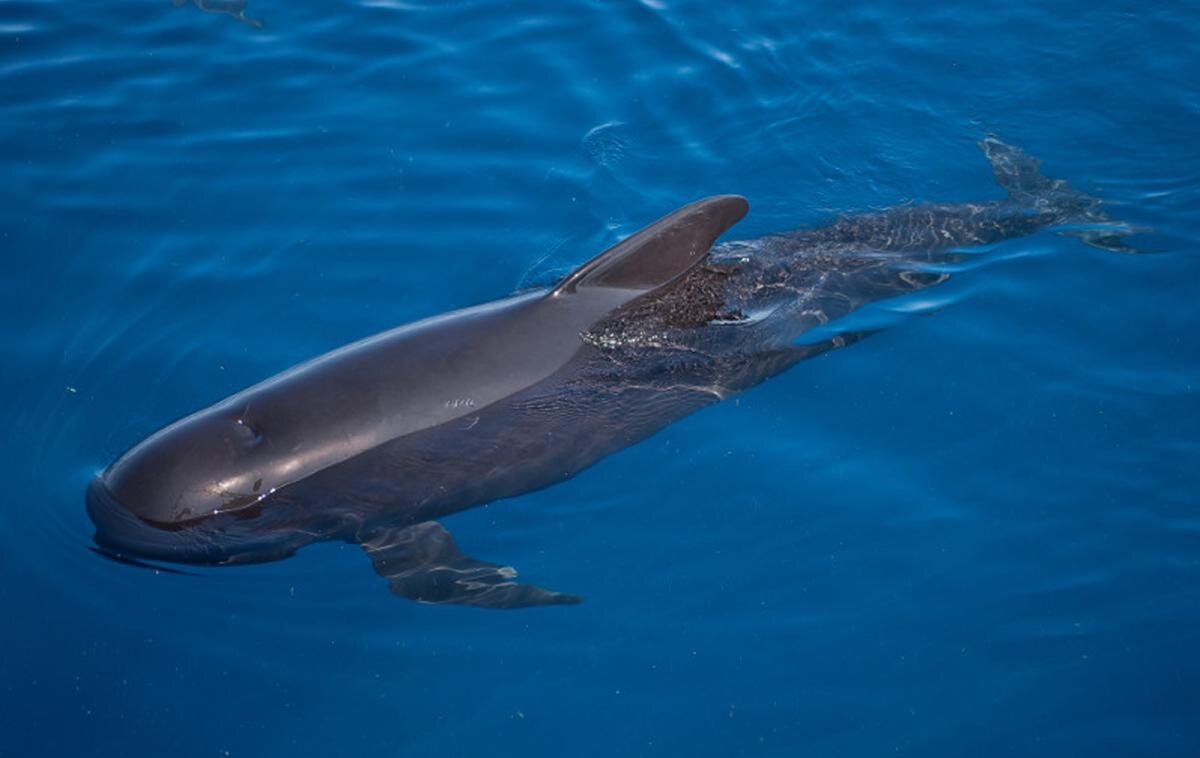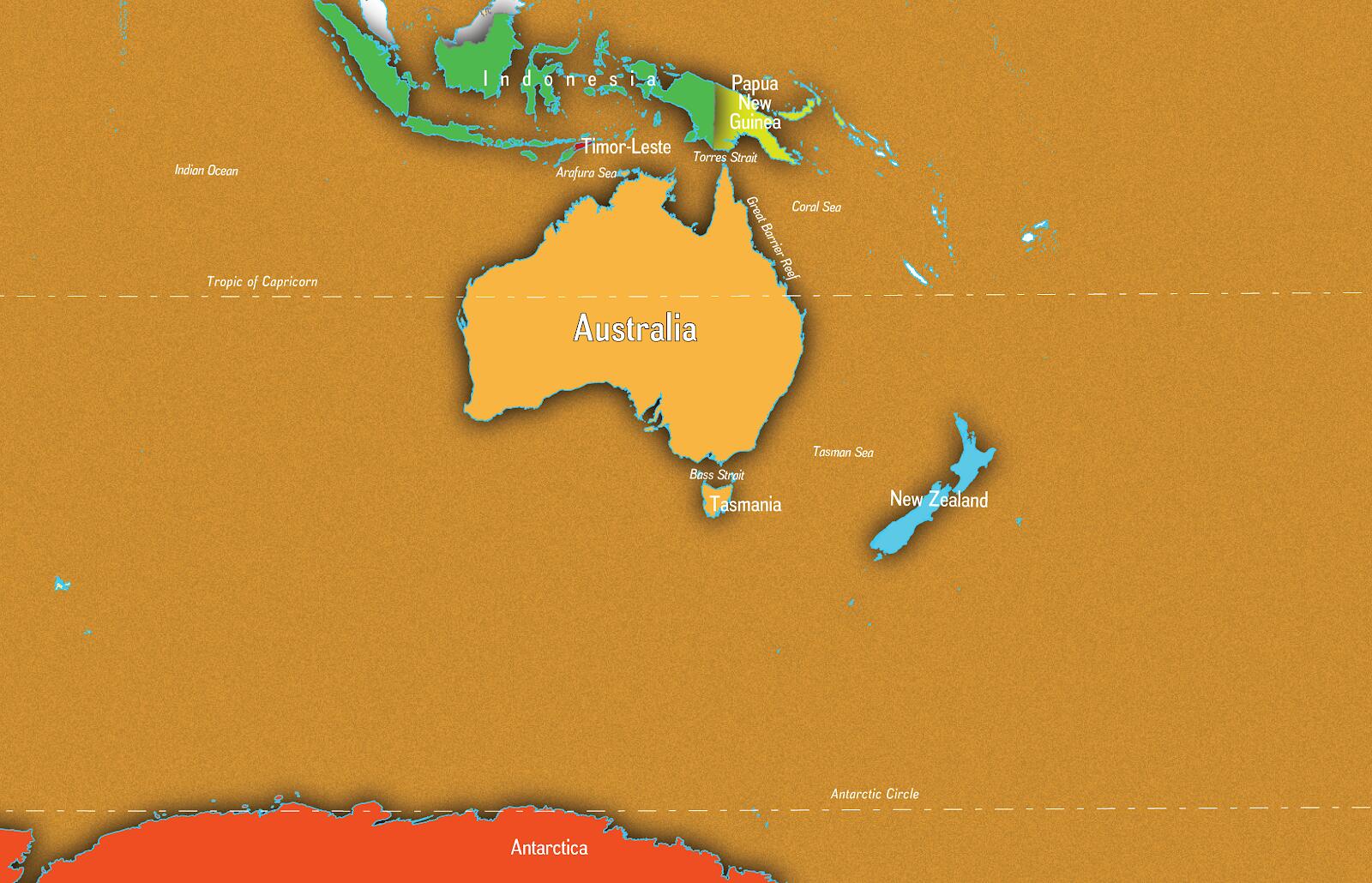Whale Mass Strandings | 24 Sep 2020
Why in News
Over 450 long-finned pilot whales have died in Australia's largest recorded mass-stranding event. The whales were beached at a remote beach in Tasmania’s west coast.
Key Points
- Beaching/Stranding Events:
- Beaching refers to the phenomenon of dolphins and whales stranding themselves on beaches.
- There are around 2,000 strandings each year worldwide, with most resulting in the death of the animal.
- Whales strand themselves on beaches either singularly or in groups. While individual strandings are mostly attributed to injury or sickness, it is not clear why exactly whales beach themselves in groups.
- Possible Reasons behind Whale Mass Strandings:
- Some whales follow schooling fish or other prey into shallow waters, which causes the whales to become disoriented, as a result of which they get stranded.
- Another reason could be panic from being trapped by a predator such as killer whales or sharks.
- Another possibility is that whales might be drawn to land by prey-rich currents.
- Some scientists believe that sonar signals and other man-made loud underwater noises may contribute to beaching events.
- Further, the shape of the beach and the coastline could also have a role to play.
- Protection: Scientists and workers try to drag the whales away from the shore and guide them back into the water.
- Long-finned pilot whales:

- Scientific Name: Globicephala melas
- These are one of two species of pilot whale, along with short-finned pilot whales.
- These prefer deep temperate to subpolar oceanic waters, but they have been known to occur in coastal waters in some areas.
- They have been documented near the Antarctic sea ice and associated with the colder Benguela and Humboldt Currents, which may extend their normal range.
- Protection Status:

